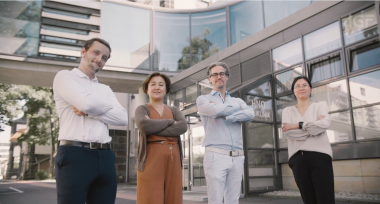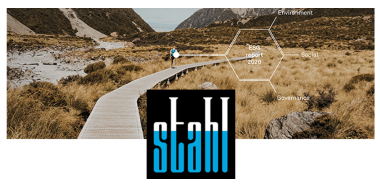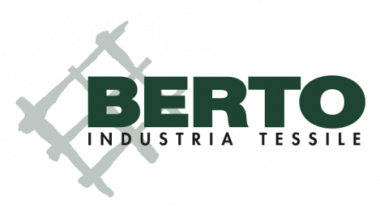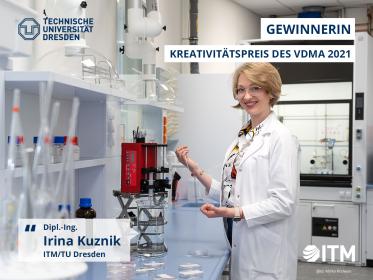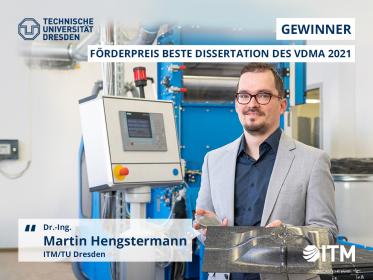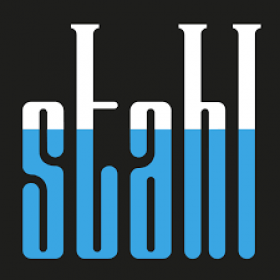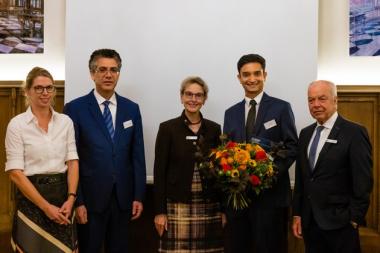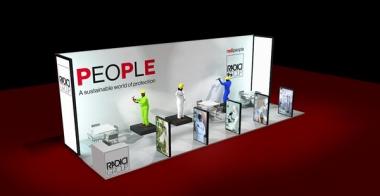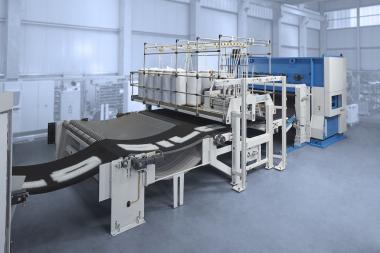RGE Gives Sustainable Fashion a Boost
- RGE has formalised two new partnerships in Singapore to advance sustainable fashion.
The first is a three-year strategic partnership with the Textile & Fashion Federation (TaFF) to advocate sustainable industry practices within Singapore and the region, through programme implementation, research, and education. The second is a five-year research collaboration with Nanyang Technological University, Singapore (NTU Singapore) on innovation in textile recycling technology.
The partnership with TaFF on its fashion sustainability programme was officially launched today. Through industry talent development and capacity building, raising corporate and consumer awareness, and innovation promotion, TaFF seeks to galvanise the fashion ecosystem towards redefining sustainable fashion.
Wilson Teo, President of TaFF, said, “Our strategic partnership with RGE marks a step forward for TaFF to expand our sustainability ecosystem throughout the fashion value chain, from materials, manufacturing, brands and technology to solutions. We have set up a Steering Committee that spans across the value chain, as a model for the industry. Together with our collaborators, we will continue to equip enterprises in the journey of sustainability. We will also work with communities to build awareness in responsible consumption and recycling.”
RGE has committed to provide nearly S$3 million funding over three years to support TaFF’s fashion sustainability programme. In addition, RGE’s Vice Chairman Bey Soo Khiang joins the programme’s Steering Committee as its Vice Chairperson.
Tey Wei Lin, President of RGE, said, “As a Singapore-based company and the world’s largest viscose producer, our business is well-positioned to support the country’s desire to advance sustainable development and to create a green economy. Our collaboration with TaFF and NTU is an investment of financial and other resources to create meaningful impact, not just within Singapore but also in the region. As part of our US$200 million investment commitment into next-generation textile fibre innovation and technology, we seek to work with innovators, industry partners, research institutions and academia to scale up solutions that will deliver cleaner and more circular cellulosic textile fibre to the masses at affordable prices.”
The launch of TaFF’s fashion sustainability programme follows the roll-out of the Enterprise Sustainability Programme (ESP) by Enterprise Singapore on 1 October 2021, which supports enterprises in their sustainability initiatives and helps them capture new opportunities in the green economy.
“Industry partnerships are pertinent to uplift capabilities of enterprises. We are very encouraged by TaFF’s efforts to drive sustainability in the textile and fashion sector as trade associations and chambers play a key role in strengthening sector-specific capabilities,” said Alan Yeo, Director of Retail & Design at Enterprise Singapore. “Collaborations with corporate partners such as RGE will also help accelerate this process. This is a good start and we hope to eventually see more companies across all sectors start to integrate sustainability alongside their growth.”
The launch event was graced by Minister of State for Trade and Industry Low Yen Ling, TaFF’s patron and Senior Minister of State for National Development and Foreign Affairs Sim Ann, CEO of Enterprise Singapore Png Cheong Boon, as well senior representatives from TaFF and RGE.
The official launch of the research collaboration with NTU is expected to take place next year. A key desired outcome from the collaboration is to complement RGE’s pilot urban-fit textile recycling plant in Singapore.
RGE Group Sustainability sustainable fashion Textile & Fashion Federation Nanyang Technological University
Omnicom Public Relations Group








